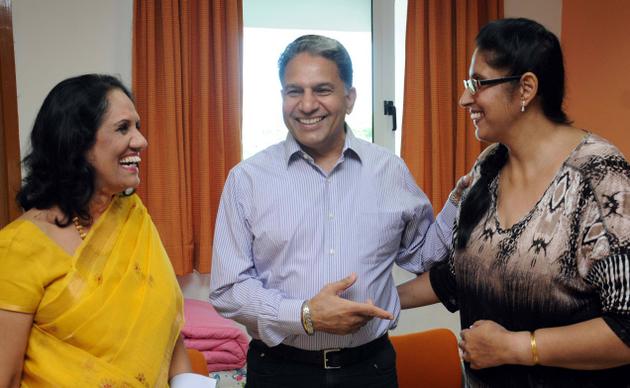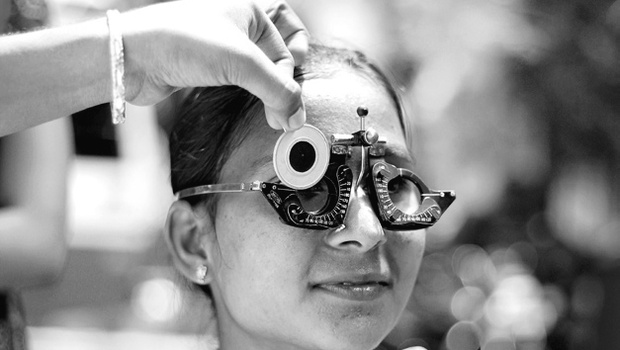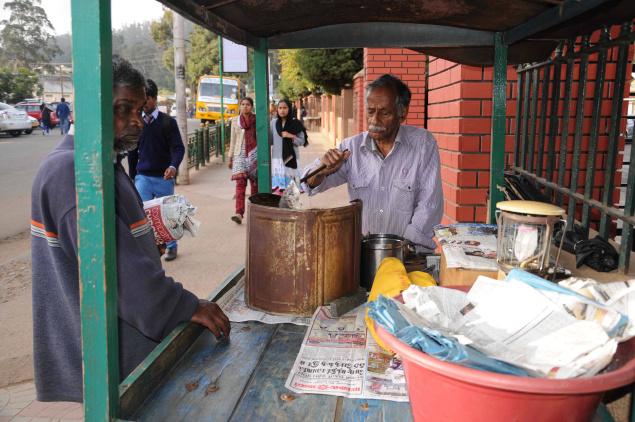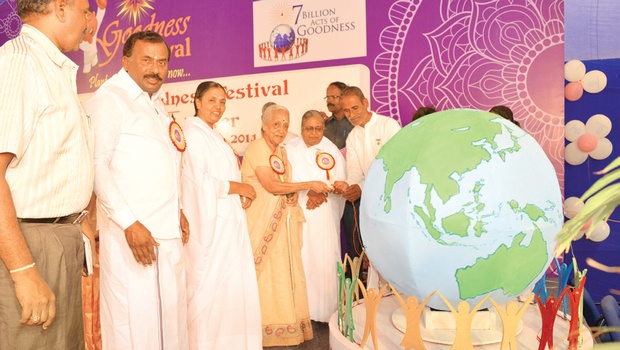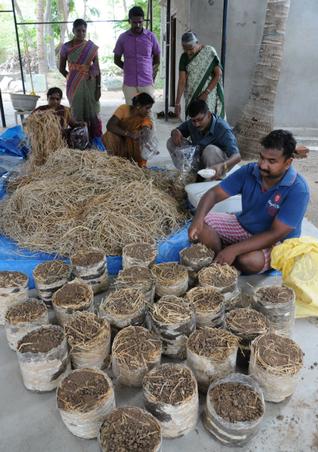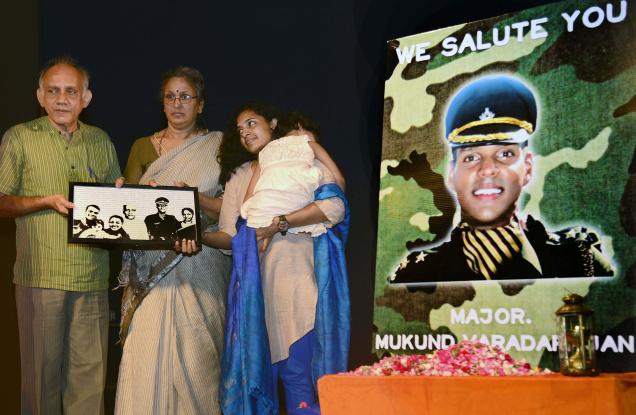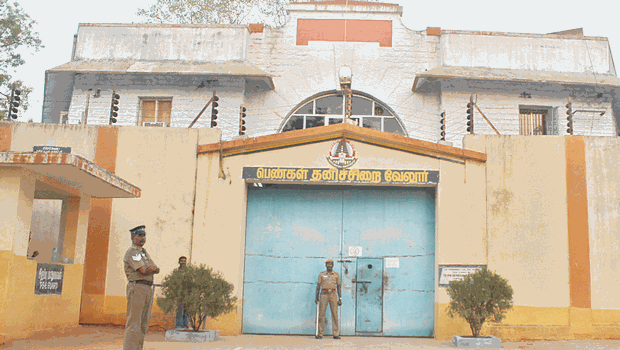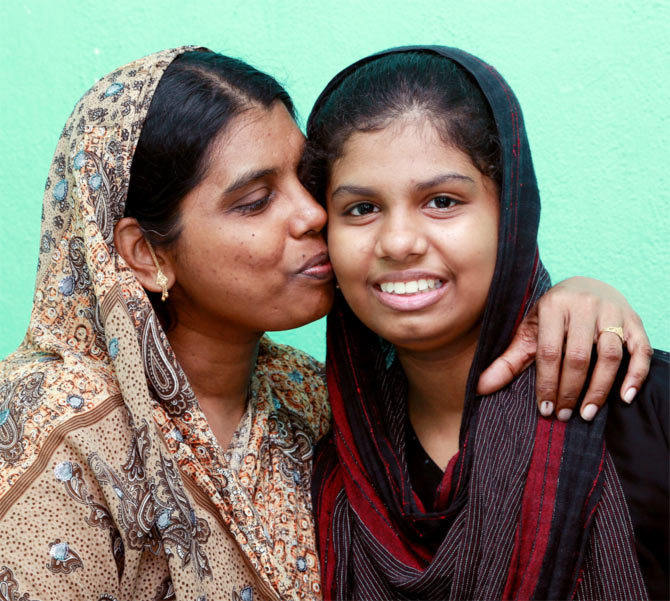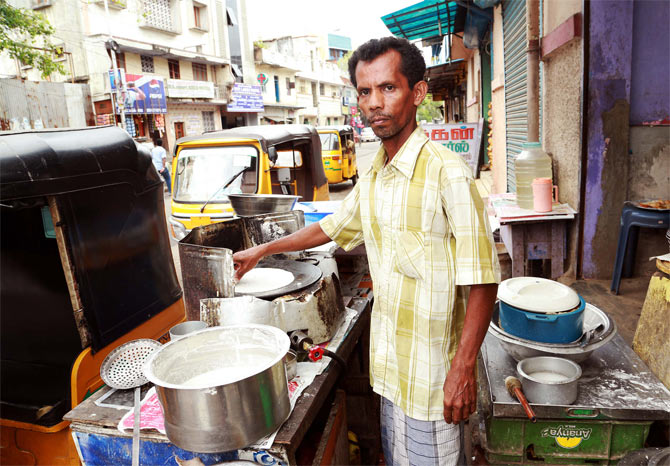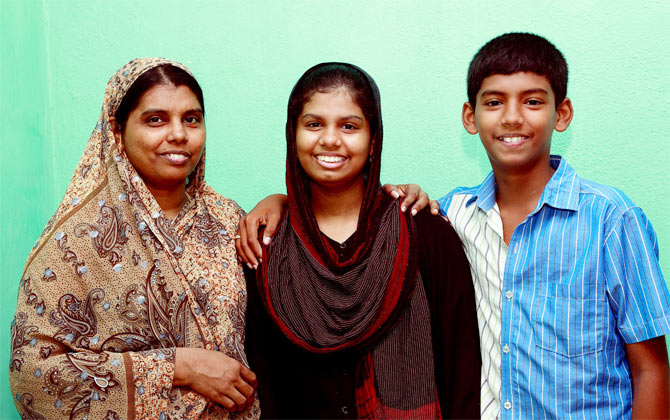Coimbatore :
On Tuesday afternoon A Saleem is getting ready to collect the body of a septuagenarian man he has never met before, from the GH mortuary. He is working on getting the vehicle ready to perform his last rites at a burial ground nearby.
The 29-year-old is no priest, under-taker or mortuary van driver. He just believes that every dead person has the right to rest in peace and While most people probably believe the same, Saleem goes the extra mile to get ensures that dead people get a decent funeral. Saleem, through his organisation Jeevan Shanthy Trust, performs last rites for many unclaimed and unidentified bodies in the city every year. They have buried 154 bodies in the last 10 months.
About five to 10 people from the trust, formed seven years ago but registered two years ago, are at GH every day to collect bodies that are released after postmortems. “We always carry incense stick, candles and camphor, so that we can perform rights according to Hindu, Muslim and Christian customs before burying them,” says Saleem.
The bodies are usually buried at the Aathupaalam burial ground on Podanur Road. Saleem and the other members from the trust pool in money. for a garland and a white cloth to wrap the body.
“It is difficult to identify the religion of an unclaimed body, so unless there is some identification, we go with our instincts,” says another trust member.
The trust started this service seven years ago, when Saleem and his friends realised that bodies of relatives often become a burden for people from the economically weaker sections.
“There were so many people who would have come
from Trichy, Tirupur, Pollachi, Erode and other places who could not afford to pay for final rites, A mortuary van would charge a daily wage labourer a rent of 10,000 which is not affordable, ” says Saleem. “Then at crematoriums and burial grounds too, people would demand money for every little thing,” he says. “It was painful to see poor people, who are also emotionally devastated, being fleeced,” he adds. “We also realised that a lot bodies rot in the mortuary for days with no one coming to claim them,” he said.
The trust now has 50 members which primarily s of Saleem’s college mates and friends. They do not raise funds from the public or any NGOs. “We pool in money for everything right from the vehicle, to the fuel for the vehicles, to cloth, garlands, candles and incense sticks,” says Saleem.
The trust has managed to buy two vehicles — a maruti van and an ambulance, to run their service.
The trust also transports a body from GH to their houses or villages km away, allowing the family to perform the last rites. “We initially pooled in money to buy a Maruti van to transport unidentified and unclaimed dead bodies to the burial ground,” says Saleem. “But we also use the vehicle to transport a poor man’s body to his village even if it is 500 km away, so his family can perform the last rites,” he adds. “Around six of us pool in 500 each, fill fuel for 3,000 and take the body,” he says.
They rescue destitute people from the streets and pavements and admit them to the hospital. “Many are abandoned by their families after they tested positive for HIV. So we admit them to the GH, get the necessary tests done, collect and administer their medication. We also provide them with clothesWe also give them a bath and a plate to collect their food,” says Saleem.
Their services are so well-known that 108 ambulance drivers and the police notify them in cases of unidentified bodies or destitute people they rescue.
“We help them by filing FIRs for unclaimed bodies so that it makes their job easier. We have also seen them adopt many abandoned and destitute people from the street and admit them to the hospital,” said a police constable posted at GH.
source: http://www.timesofindia.indiatimes.com / The Times of India / Home> City> Coimbatore / by Pratiksha Ramkumar, TNN / July 07th, 2014
